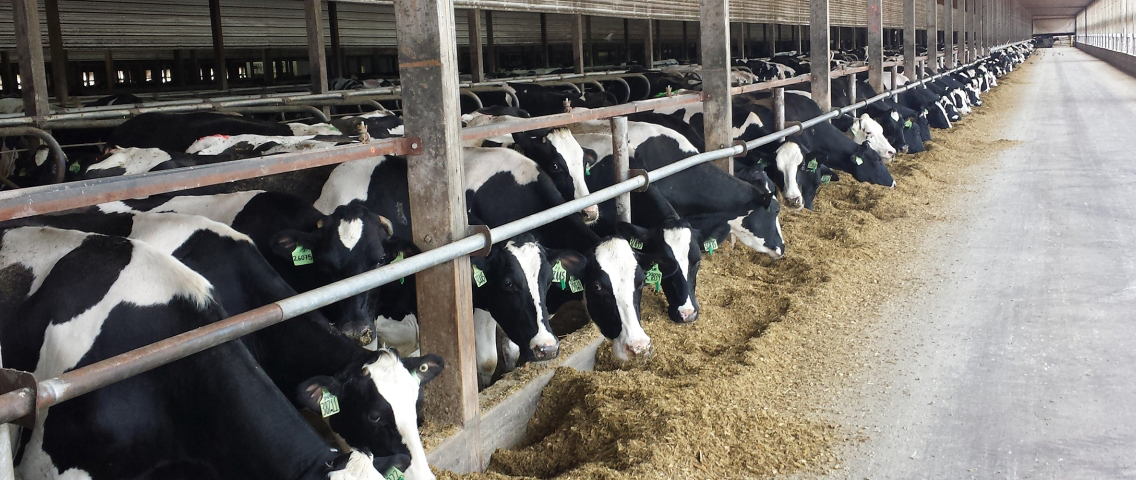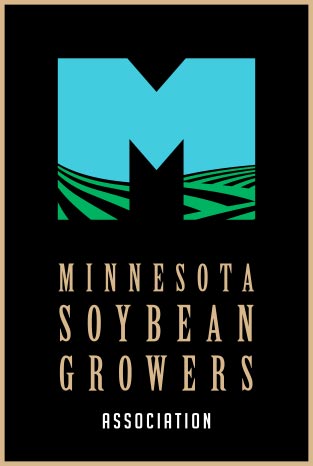Comment window extended for proposed changes to feedlot permits
Comment window extended for proposed changes to feedlot permits

In June 2024, the Minnesota Pollution Control Agency (MPCA) published for public comment its proposed changes for the renewal of the National Pollutant Discharge Elimination System (NPDES) and State Disposal System (SDS) feedlot permits.
The public comment period has been extended through Sept. 3, 2024. Written comments can be submitted here.
Farmers who have a feedlot – NPDES or SDS – permit or those who receive manure from these farms are strongly encouraged to provide either written comments or attend a community meeting to provide input. The proposed changes to feedlot permits will impact crop farmers who do not have a feedlot permit but accept transferred manure from a permitted facility. MPCA is proposing that crop farm saccepting transferred manure will be subject to the same requirements as the permitted feedlot.
The proposed change will require the spring application of manure on vulnerable soils unless one of the following criteria is met:
- application to a growing perennial or row crop,
- cover crop planted prior to or within 14 days of application, or
- perennial crops are included in the rotation at least two years during any five years and the soil temperature is below 50⁰F at the start of application.
More information and background from the MPCA on proposed permit changes is available on MPCA’s website.
NPDES and SDS permits cover approximately 1,000 of the 17,000 registered feedlots in MN. Feedlots over 1,000 animal units are required to have these permits, while there is another portion of feedlot owners that choose to carry these permits.
NPDES and SDS permits have additional requirements and permit conditions beyond the state’s Chapter 7020 feedlot rules that govern all feedlots in the state. MPCA says the proposed changes are being made to bolster the protection of water resources, specifically requirements related to manure application.
Joe Smentek, executive director with the Minnesota Soybean Growers, encouraged concerned parties to submit input.
“We haven’t seen a lot of farmer engagement, which is surprising because there could be some big changes in big swaths of the state,” he said. “Farmers should let MPCA know how they feel about this.”


